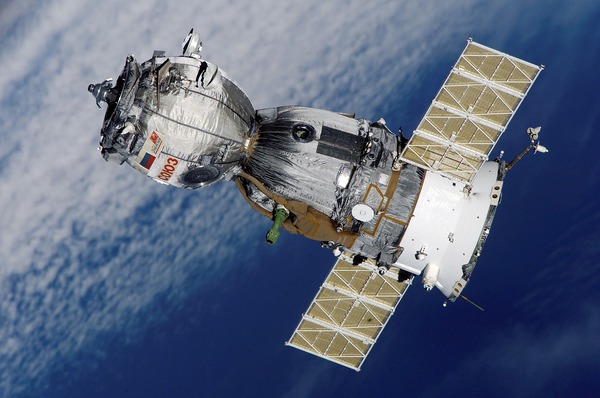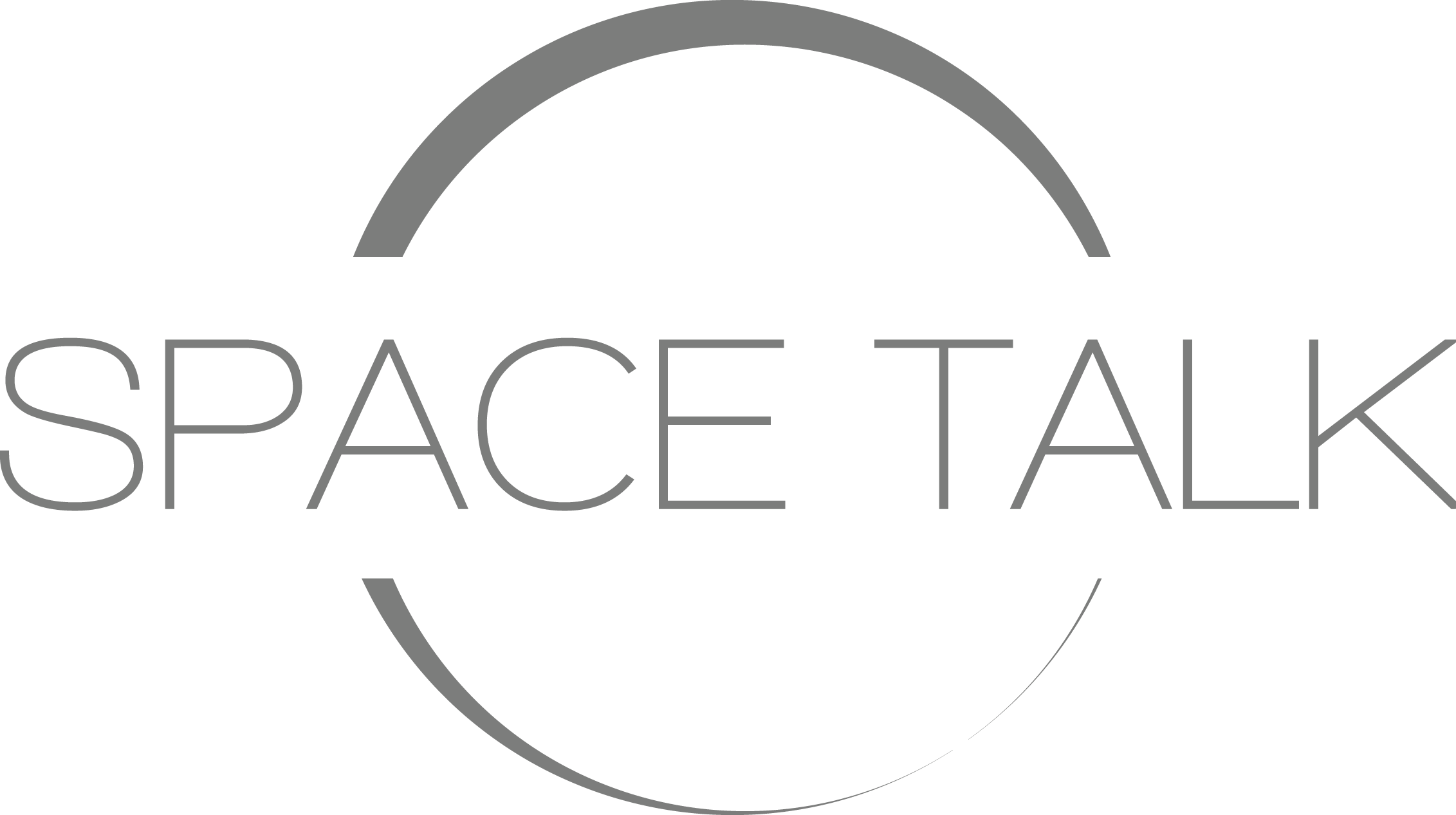This article explores: Von Neumann machines: The potential of self-replicating spacecraft for space colonization. Find out more about The potential of Von Neumann self-replicating spacecraft.
In the quest for space exploration and colonization, self-replicating spacecraft, also known as Von Neumann machines, have been proposed as a potential solution to a range of challenges.

These machines have the ability to replicate themselves and create copies, which can be sent to different locations to increase the efficiency of resource extraction, exploration, and infrastructure maintenance.
In this article, we will explore the potential of Von Neumann machines for space colonization, examining their ability to assist in resource extraction, habitat construction, and the establishment of sustainable human settlements in space.
We will also discuss the ethical and safety concerns that come with the development and deployment of this technology, and the need for careful consideration of its potential implications for the future of space exploration and human civilization.
What would self-replicating spacecraft used for?
Self-replicating spacecraft, also known as von Neumann probes, are theoretical spacecraft that are capable of autonomously replicating themselves to create multiple copies of the original spacecraft.
Von Neumann self-replicating spacecraft are still in the realm of science fiction and have not yet been developed or deployed.
Additionally, the development of such technology raises significant safety, ethical, and regulatory concerns that would need to be carefully considered before any such missions were undertaken.
These spacecraft could potentially be used for a variety of purposes, including:
Exploration:
Self-replicating spacecraft could be sent to explore and study other planets, moons, and asteroids in our solar system and beyond. By creating multiple copies of themselves, they could cover a larger area and gather more data than a single spacecraft could.
Colonization:
Self-replicating spacecraft could be used to establish human colonies on other planets or in space. By replicating themselves, they could create habitats and infrastructure for humans to live and work in.
Resource extraction:
Self-replicating spacecraft could be used to extract resources from asteroids or other celestial bodies. By replicating themselves, they could create a mining operation that is capable of producing large quantities of resources.
Military applications:
Self-replicating spacecraft could potentially be used for military purposes, such as reconnaissance, surveillance, or even as weapons. However, the use of such technology for military purposes raises significant ethical concerns.
How Can Von Neumann Machines Assist In Space Exploration?
Von Neumann machines, also known as self-replicating spacecraft or probes, could potentially assist in space exploration in several ways.
The development of Von Neumann machines raises significant ethical and safety concerns, which need to be carefully considered before deploying such technology.
Additionally, the technology needed to build and operate Von Neumann machines is still in the realm of science fiction and requires significant advances in robotics, artificial intelligence, and nanotechnology.
Here are some examples:
Cost-effectiveness:
Von Neumann machines can create multiple copies of themselves, which can significantly reduce the cost of space exploration missions. Instead of building and launching multiple spacecraft for each mission, a single Von Neumann machine can replicate itself to create the necessary probes or spacecraft.
Remote Exploration:
Von Neumann machines can be used for remote exploration, allowing us to explore and study distant planets, moons, asteroids, and other celestial bodies that are difficult to reach with conventional spacecraft. These machines can replicate themselves to create multiple copies, which can be sent to different locations, allowing us to explore a wider area of space.
Resource gathering:
Von Neumann machines can be used to gather resources, such as minerals and water, from asteroids, moons, or other celestial bodies. These machines can replicate themselves to create mining or extraction operations, which can increase the efficiency of resource gathering.
Construction:
Von Neumann machines can be used to construct habitats, infrastructure, or other facilities on other planets or in space. These machines can replicate themselves to create construction materials or to assemble structures.
Maintenance and Repair:
Von Neumann machines can be used to maintain and repair spacecraft or other equipment in space. These machines can replicate themselves to create spare parts or to repair damaged equipment.
How Can Von Neumann Machines Assist In Space Colonization?
Von Neumann machines, also known as self-replicating spacecraft or probes, could potentially assist in space colonization in several ways.
The development and deployment of Von Neumann machines raises significant ethical and safety concerns, which need to be carefully considered before using such technology for space colonization.
Additionally, the technology needed to build and operate Von Neumann machines is still in the realm of science fiction and requires significant advances in robotics, artificial intelligence, and nanotechnology.
Here are some examples:
Habitat construction:
Von Neumann machines could be used to construct habitats, infrastructure, or other facilities on other planets or in space.
These machines can replicate themselves to create construction materials or to assemble structures, which can help in creating sustainable human settlements.
Resource gathering:
Von Neumann machines could be used to gather resources, such as minerals, water, or even energy, from asteroids, moons, or other celestial bodies.
These machines can replicate themselves to create mining or extraction operations, which can increase the efficiency of resource gathering and support the sustainability of human settlements.
Terraforming:
Von Neumann machines could be used in terraforming activities, which involve modifying the atmosphere, temperature, and other environmental conditions of a planet or moon to make it more habitable for humans.
These machines could replicate themselves to create the necessary equipment and infrastructure for terraforming.
Maintenance and repair:
Von Neumann machines could be used to maintain and repair habitats, equipment, or other infrastructure in space.
These machines can replicate themselves to create spare parts or to repair damaged equipment, which can help to maintain the sustainability of human settlements.
Exploration:
Von Neumann machines can be used for remote exploration, allowing us to explore and study distant planets, moons, asteroids, and other celestial bodies that are difficult to reach with conventional spacecraft.
These machines can replicate themselves to create multiple copies, which can be sent to different locations, allowing us to explore a wider area of space and find suitable locations for human settlements.
How Can Von Neumann Machines Assist In Space Resource Extraction?
Von Neumann machines, also known as self-replicating spacecraft or probes, could potentially assist in space resource extraction in several ways.
The use of Von Neumann machines raises significant ethical and safety concerns, which need to be carefully considered before using such technology for space resource extraction.
The technology needed to build and operate Von Neumann machines is still in the realm of science fiction and requires significant advances in robotics, artificial intelligence, and nanotechnology.
Here are some examples:
Mining operations:
Von Neumann machines could be used to mine resources, such as minerals and water, from asteroids, moons, or other celestial bodies. These machines can replicate themselves to create multiple copies, which can be sent to different locations to increase the efficiency of mining operations.
Resource processing:
Von Neumann machines can be used to process and refine resources, such as metals or rare earth elements, that are extracted from celestial bodies. These machines can replicate themselves to create the necessary equipment for resource processing.
Fuel production:
Von Neumann machines can be used to produce fuel, such as hydrogen or methane, using resources extracted from celestial bodies. These machines can replicate themselves to create fuel production facilities, which can help to reduce the cost and improve the sustainability of space exploration and colonization.
Maintenance and repair:
Von Neumann machines can be used to maintain and repair mining equipment or other infrastructure in space. These machines can replicate themselves to create spare parts or to repair damaged equipment, which can help to maintain the efficiency of mining operations.
Exploration:
Von Neumann machines can be used for remote exploration, allowing us to explore and study distant asteroids, moons, and other celestial bodies that are rich in resources. These machines can replicate themselves to create multiple copies, which can be sent to different locations to increase the efficiency of resource exploration and extraction.
How Can Von Neumann Machines Assist In Space Military Applications?
Von Neumann machines could potentially be used in space military applications. However, it is important to note that the use of any technology for military purposes raises significant ethical concerns and can have serious consequences.
It is important to reiterate that the use of Von Neumann machines or any other technology for military purposes raises significant ethical concerns and can have serious consequences.
It is important for individuals and organizations to carefully consider the implications of their actions and prioritize the peaceful and sustainable use of technology for the benefit of humanity.
It is important for individuals and organizations to consider the ethical implications of their actions and decisions, and to prioritize the peaceful and sustainable use of technology for the benefit of humanity.
With that said, here are some theoretical examples of how Von Neumann machines could potentially be used in space military applications:
Reconnaissance:
Von Neumann machines could be used for remote reconnaissance, allowing military forces to gather intelligence on enemy movements or installations. These machines can replicate themselves to create multiple copies, which can be sent to different locations to increase the efficiency of reconnaissance operations.
Weaponization:
Von Neumann machines could be designed to replicate and assemble weapons or other military equipment in space, allowing for rapid deployment of military assets. This could potentially be used for both defensive and offensive purposes.
Interception:
Von Neumann machines could be used to intercept and destroy enemy spacecraft or other military assets in space. These machines can replicate themselves to create multiple copies, which can be sent to different locations to increase the efficiency of interception operations.
Infrastructure disruption:
Von Neumann machines could be designed to infiltrate and disrupt enemy infrastructure or communication systems in space. These machines can replicate themselves to create multiple copies, which can be sent to different locations to increase the effectiveness of the disruption.
References for the topic of “Von Neumann machines: The potential of self-replicating spacecraft for space colonization”:
“Self-replicating machines and the future of space exploration” by Robert A. Freitas Jr. (Journal of the British Interplanetary Society, Vol. 33, pp. 251-264, 1980).
“The potential of self-replicating spacecraft for interstellar exploration” by Clément Vidal, Mathieu Roy, and Louis-S. Bouchard (Acta Astronautica, Vol. 78, pp. 25-32, 2012).
“Self-replication and self-assembly in space: A survey of current and future research” by Angelo P. Cangelosi, James S. McCarter, and Tyler L. Gilchrist (Acta Astronautica, Vol. 168, pp. 289-297, 2020).
“Space colonization and the self-replicating machine” by Forrest Bishop (Astrobiology Magazine, 2005).
“Von Neumann machines and the search for extraterrestrial intelligence” by Keith Henson (Journal of the British Interplanetary Society, Vol. 56, pp. 107-114, 2003).
Please note that these are just a few examples of potential references and there may be many more sources available on this topic. It is always important to carefully evaluate the sources you choose to ensure they are credible and reliable.
‘Von Neumann machines: The potential of self-replicating spacecraft for space colonization’ is one important topic in our series exploring the role of Von Neumann machines in space colonization.
Read more about these topics by following the links below:
Republished by Blog Post Promoter
